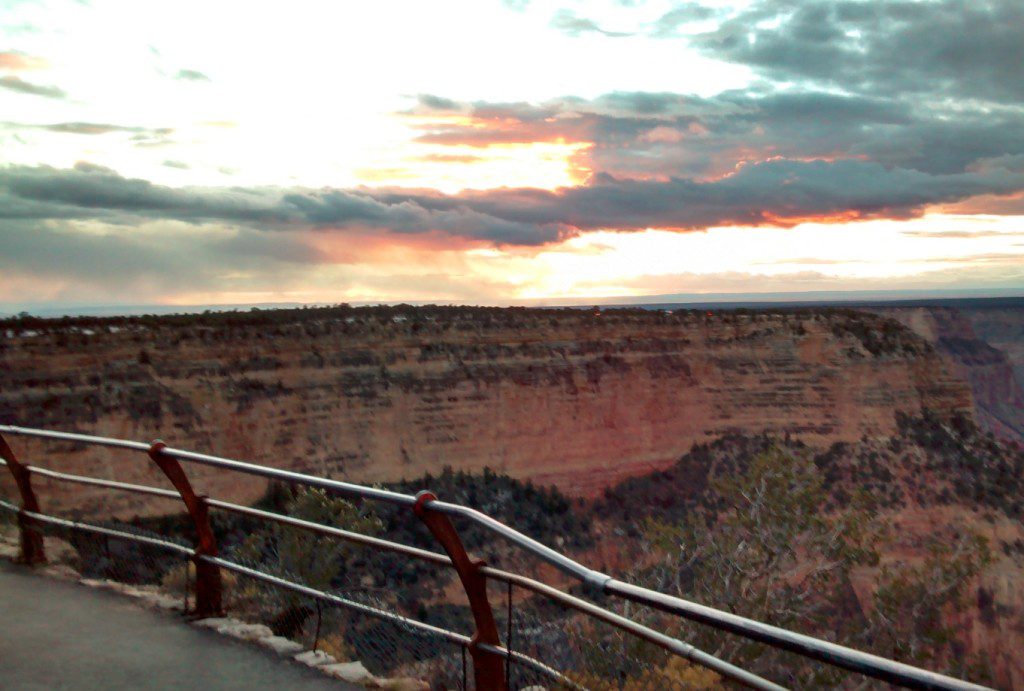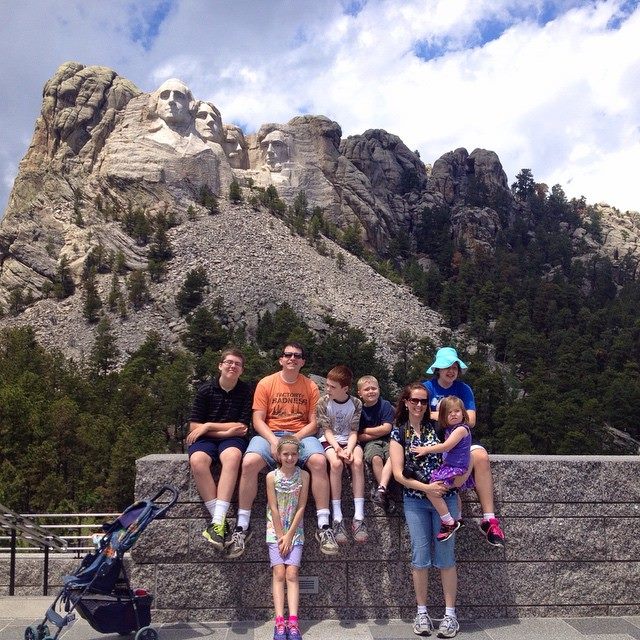I saw at CNN that the National Park Service is looking at doubling the entrance fees at 17 different National Parks. It is billed as a way to “improve facilities, infrastructure, and visitor services, with an emphasis on deferred maintenance projects”.
The proposal would set up a 5 month peak entrance period entrance where entrance fees would be doubled. The entrance fee during this peak period would be $70 per vehicle, $50 per motorcycle, and $30 per person. The cost of the annual parks pass would remain $80. Entrance fees are not charged to visitors under 16 years of age or holders of Senior, Military, Access, Volunteer, or Every Kid in a Park (EKIP) passes.

National Parks that would be affected
Here is a list of the 17 National Parks that would be affected by this change are some of the most popular parks out there
- From May 1-September 30
- Arches National Park
- Bryce Canyon National Park
- Canyonlands National Park
- Denali National Park
- Glacier National Park
- Grand Canyon National Park
- Grand Teton National Park
- Olympic National Park
- Sequoia & Kings Canyon National Park
- Yellowstone National Park
- Yosemite National Park
- Zion National Park
- June 1-October 31
- Acadia National Park
- Mount Rainier National Park
- Rocky Mountain National Park
- Shenandoah National Park
- January 1-May 31
- Joshua Tree National Park
The park is encouraging those affected to comment on their website – https://parkplanning.nps.gov/proposedpeakseasonfeerates
[3 tips and tricks to visit Hoover Dam for free]

The “no entrance fee” National Park scam
The Park Service is quick to point out that “the majority of national parks will remain free to enter; only 118 of 417 park sites charge an entrance fee”, but that downplays the fact that many of these “free” parks come with other fees. For example, when my family went to Mt. Rushmore, entrance to the park is free but that’s only if you want to walk a mile or two uphill to visit. If you want to park in the parking lot – oh well that’s $8 / car and not covered by the Every Kid in a Park or Senior discounts.

This, on the other hand, IS Mt. Rushmore
My favorite part of the CNN article was a comment from the president of the National Parks Conservation Association, who said “The solution to our parks’ repair needs cannot and should not be largely shouldered by its visitors.”
Umm… what? Shouldn’t that be EXACTLY who pays for it?
Anyways just a headsup if your upcoming plans contain a visit to any of these 17 National Parks
This site is part of an affiliate sales network and receives compensation for sending traffic to partner sites, such as thepointsguy.com. This may impact how and where links appear on this site. Responses are not provided or commissioned by the bank advertiser. Some or all of the card offers that appear on the website are from advertisers and that compensation may impact on how and where card products appear on the site. Any opinions expressed in this post are my own, and have not been reviewed, approved, or endorsed by my advertising partners and I do not include all card companies, or all available card offers. Terms apply to American Express benefits and offers and other offers and benefits listed on this page. Enrollment may be required for select American Express benefits and offers. Visit americanexpress.com to learn more. Other links on this page may also pay me a commission - as always, thanks for your support if you use them
User Generated Content Disclosure: Points With a Crew encourages constructive discussions, comments, and questions. Responses are not provided by or commissioned by any bank advertisers. These responses have not been reviewed, approved, or endorsed by the bank advertiser. It is not the responsibility of the bank advertiser to respond to comments.


 Dan Miller travels with his wife and 6 (SIX!) children. He loves to help families travel for free / cheap, especially larger families. If you are looking for help, drop him an email at
Dan Miller travels with his wife and 6 (SIX!) children. He loves to help families travel for free / cheap, especially larger families. If you are looking for help, drop him an email at 
Or just show your coal or oil industry card and it’s yours for free.
Disagree on your last point regarding who should pay for the National Parks. Because they are “National” in nature, they should be a resource that is available to everyone, whether or not you have the financial resources to pay for an entry fee. The Smithsonian museums in DC operate in this way, where our tax dollars go to fund them, so that visitors from across the nation and world can view their collections without paying expensive admission fees.
By asking park visitors to shoulder costs of upkeep and maintenance of these national gems, it makes trips for folks who may be low-income or may not have paid time off even more difficult. I’d love to see these funded through our tax dollars with no fees to visit.
Brett – that’s cool and I can understand and respect your opinion. I think reasonable people can agree to have a difference of opinion about this
This make the annual pass more of a no brainer. Rocky Mountain National park is getting pretty crowded during summer, though I don’t expect this change to make much difference. I would actually be in favor of less parking forcing people out of their cars.
I just got my senior lifetime free pass. I think it was $10 or $20, not sure, but looking forward to trying it out this spring.
Shouldn’t that be exactly who should pay for it? Using that logic, how about people with children being the only ones paying for schools, people who don’t drive not paying for roads, fire departments and police services if they never call them, and on and on. All of this including the National Parks are for the public good. That means everyone.
I would not think it would make a big dent in numbers visiting the more remote parks like Yellowstone, Canyonlands, etc as I would think they’d have less people just deciding to drop in for a day. On the other hand, Joshua Tree and Mount Rainier could see a bigger hit on their numbers as they are pretty close to large cities. I go to Joshua Tree about once a year but I could see going less if I had to pay $70 each time. I’d head to Red Rock Cyn or some other state park with more reasonable fees for a day in the desert.
I agree with those who posted that national parks should not raise their fees as they are for everybody. They didn’t raise them all that long ago as I recall paying $10 or $15 to get into some of the nicer parks.